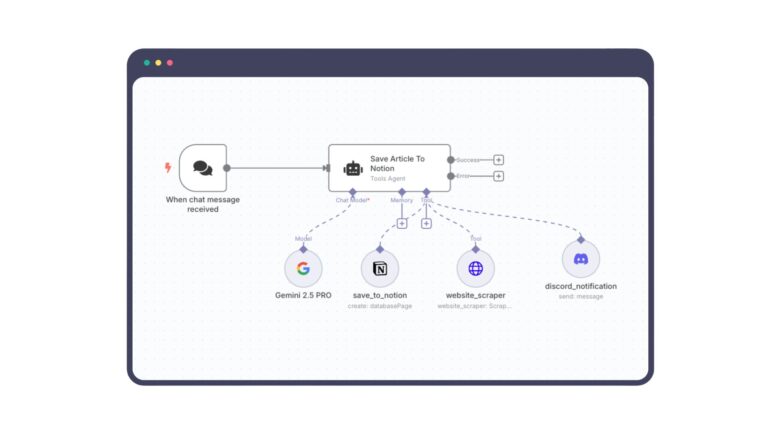The promise of healthcare startups is nothing short of revolutionary. They move fast, disrupt traditional models, and create innovative solutions that change lives. But with great innovation comes great responsibility—especially when it comes to handling sensitive patient data.
Imagine you’re a young healthcare entrepreneur, ready to launch your AI-powered diagnostics platform. You’ve got a sleek app, a brilliant team, and investors eager to see results. But then, just as you’re about to scale, a compliance officer tells you, “You’re not HIPAA compliant.” The words feel like a punch to the gut. Regulations? Security controls? Data encryption? Suddenly, your dream is tangled in legal red tape, and the excitement shifts to anxiety.
That’s the reality for many startups. They build first and think about compliance later. But in healthcare, that approach can be a costly mistake.
The “Move Fast and Break Things” Trap
Tech startups love speed. The motto of Silicon Valley has always been about rapid iteration. But in healthcare, “moving fast and breaking things” is a lawsuit waiting to happen. The moment a startup touches Protected Health Information (PHI), the game changes. HIPAA (Health Insurance Portability and Accountability Act) isn’t just another bureaucratic hurdle—it’s the backbone of patient data protection.
Yet, many founders don’t grasp its weight until it’s too late. They assume HIPAA compliance is a simple checklist: encrypt data, add access controls, and slap on some policies. But compliance isn’t a one-time event—it’s a culture, a commitment woven into every layer of a company’s operations.
Take the case of a promising telehealth startup that rushed to market without securing its backend database. They assumed their cloud provider had security “built-in.” Then came the breach—thousands of patient records leaked. Fines were issued. Investors pulled back. The startup, once a rising star, became a cautionary tale.
“But We’re Just a Startup” Doesn’t Cut It
Startups often believe regulators will cut them some slack. After all, they’re small, new, and just trying to help people. But HIPAA violations don’t come with a sympathy clause.
Regulators don’t differentiate between a scrappy two-person team and a billion-dollar healthcare giant. A breach is a breach, and penalties can be severe ranging from thousands to millions of dollars. More importantly, a single security lapse can destroy patient trust, which, in healthcare, is everything.
A digital health entrepreneur, learned this the hard way. They built an AI-powered mental health chatbot that gained rapid traction. But the team overlooked a simple detail—storing chat logs in an unencrypted format. A cybercriminal exploited this, leaking private conversations online. The damage wasn’t just financial; it was personal. Patients who trusted her platform felt violated. Some even took legal action.
“Had we known how vulnerable we were, we would have prioritized security from day one,” They later admitted. “We assumed compliance was something to deal with after we grew. We were wrong.”
Security Isn’t Just IT’s Job—It’s Everyone’s Job
Many startups make the mistake of thinking security is a problem for the IT team or a compliance officer. But security isn’t just a department—it’s a mindset. It should be baked into the product, the hiring process, and even the company culture.
Think of it like a well-run hospital. Doctors, nurses, and staff all have a role in preventing infections. It’s not just the janitor’s job to sanitize surfaces—it’s a collective responsibility. Similarly, in a startup, security isn’t just about firewalls and encryption. It’s about training employees, vetting third-party vendors, and thinking proactively about risks before they turn into disasters.
Healthcare startups that thrive are the ones that build security into their DNA. They don’t see compliance as a burden but as a competitive advantage. When investors see strong security practices, they see a company that won’t collapse under regulatory scrutiny. When patients see robust privacy measures, they feel safe sharing their most intimate health data.
The Roadmap to Security & Compliance
So how can healthcare startups avoid these costly mistakes? The answer isn’t hiring an expensive consultant after a breach—it’s embedding security from day one.
Think of compliance like building a house. You wouldn’t install the windows and doors after you’ve moved in. Security should be part of the foundation, not an afterthought. That means encrypting patient data, implementing strict access controls, and regularly testing systems for vulnerabilities. It means training employees to recognize phishing attempts and ensuring third-party vendors meet the same security standards.
A strong security framework isn’t about avoiding fines—it’s about protecting people. When a startup treats compliance as a core business function rather than a legal obligation, it shifts from a reactive to a proactive stance.
Final Thought: Do It Right the First Time
The healthcare industry doesn’t forgive security missteps easily. Breaches lead to lost trust, legal battles, and, in some cases, the end of a business. But the good news? Getting it right from the start isn’t impossible.
The most successful healthcare startups aren’t just innovative with their technology; they’re disciplined with their security. They know that protecting patient data isn’t just about checking a compliance box—it’s about upholding a fundamental promise: We keep you safe.
For healthcare startups, HIPAA isn’t just a regulation. It’s a commitment. And those who honor it? They don’t just survive. They lead.







